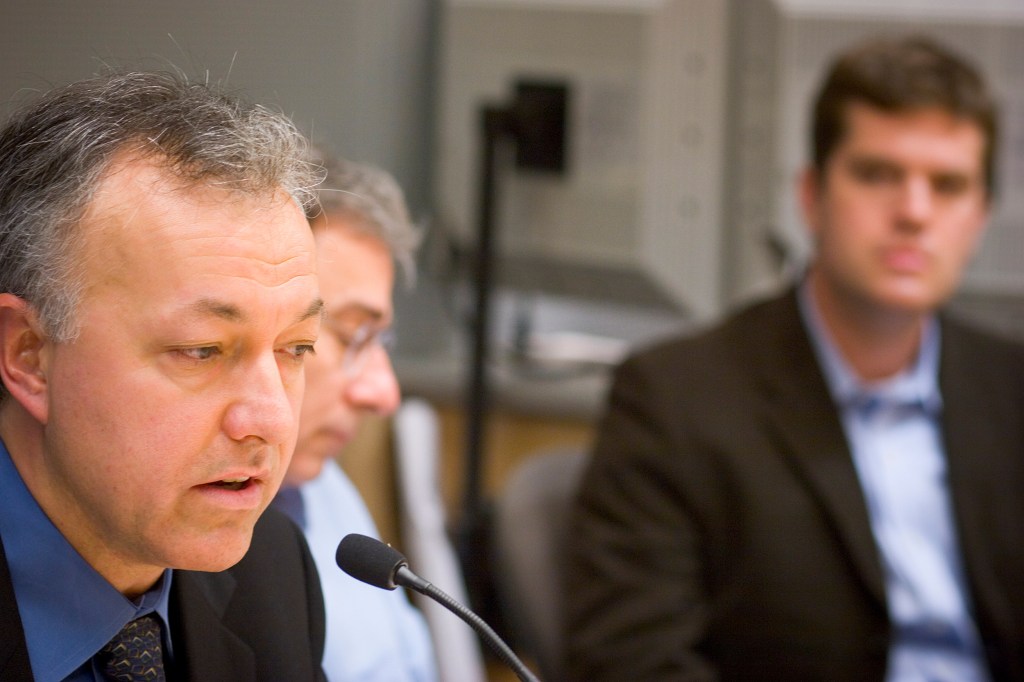Health
-
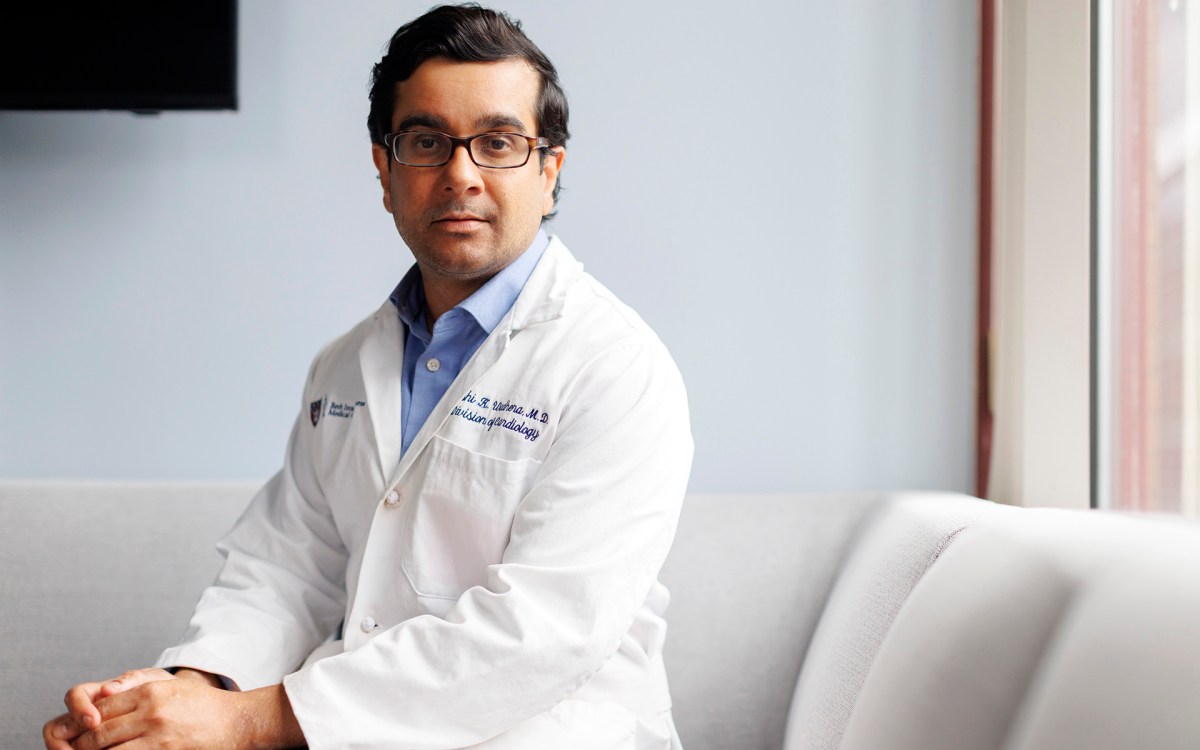
American heart health worsening
New statistical snapshot finds disappointing trend despite advances in treatment, ways to prevent nation’s leading cause of death

-

How realistic is ‘The Pitt’?
Doctors weigh in on what hit TV show gets right and wrong about life in the ER — from pacing and caseloads to workplace culture (and that waiting room from hell)
-

Yoga can help cut severe, initial opioid-withdrawal period in half, study finds
Researchers say results could dramatically increase chances of recovery
-

6 keys to a long, healthy life (ice cream included)
Also, why reading Ben Franklin beats climbing Mount Everest
-

Six cancers rising faster in younger adults than older ones
Large new global study fuels growing concern over trend of increases in several types

-

What’s next for GLP-1s?
Scientists eye new treatment targets for popular weight-loss drugs, from heart failure to addiction
-
Stigma of opioids a hurdle to solving crisis
“Can you think of all the tax dollars it’s cost for you to go to detox?” the doctor asked Raina McMahan when she arrived at the clinic in Revere seeking…

-
Bringing women to the forefront of global health
A Harvard panel on women in the global health workforce examines ways to keep pushing for gender equity.
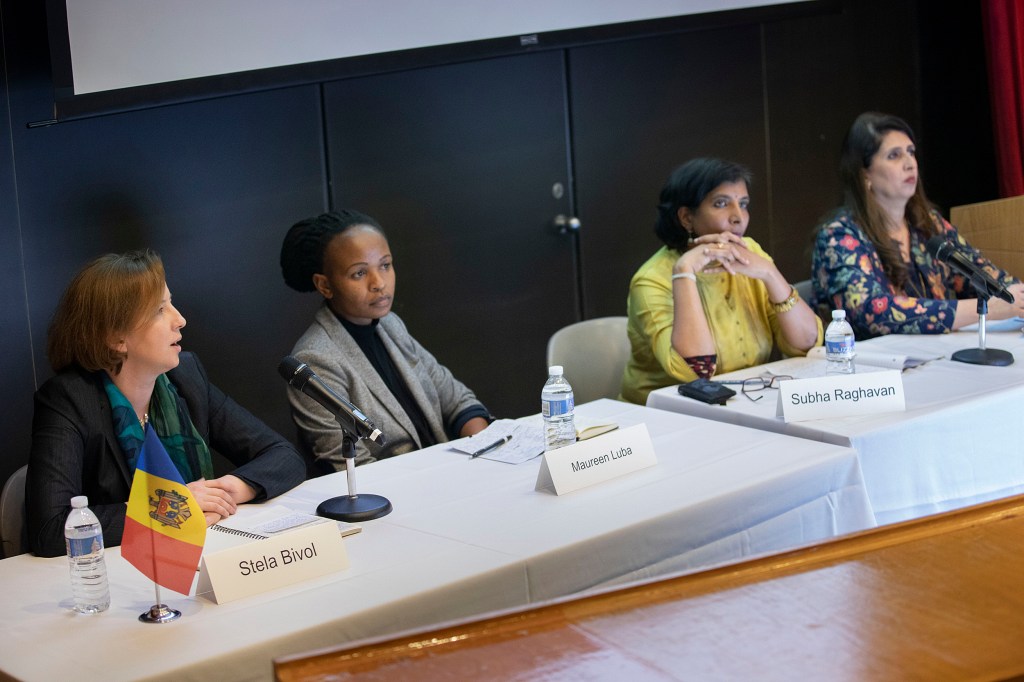
-
Harvard to launch center for autism research
Created with $20 million gift, the Hock E. Tan and K. Lisa Yang Center for Autism Research at Harvard Medical School will aim to unravel the basic biology of autism and related disorders.

-
Specialists take on opioid crisis
A conference sponsored by Harvard and the University of Michigan will examine the role that stigma plays in the nation’s opioid crisis and ways it slows and alters responses.
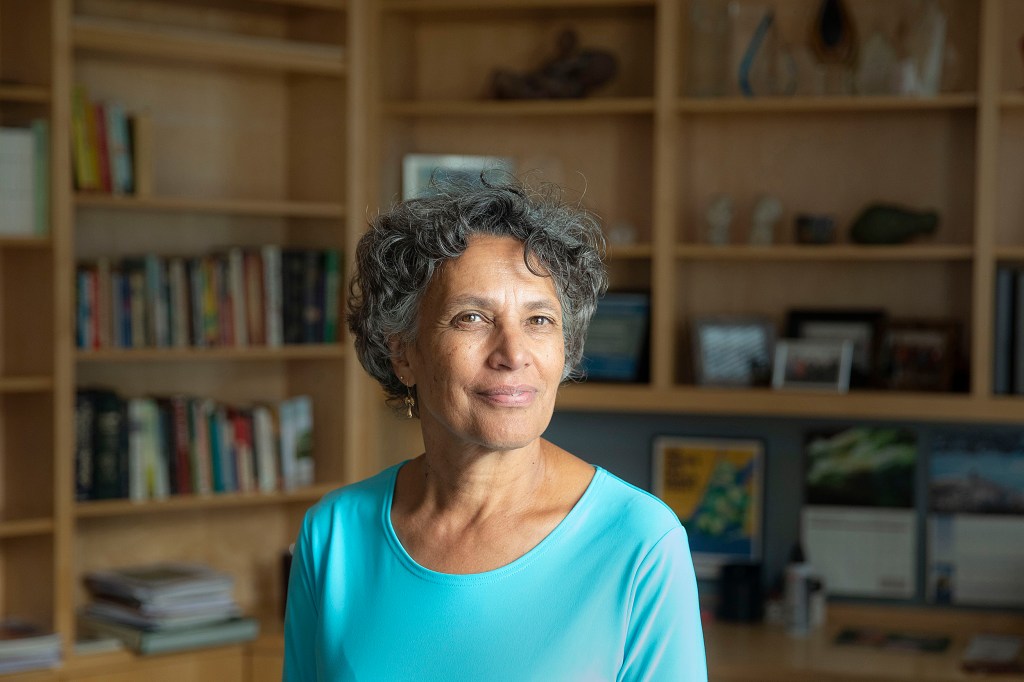
-
Michael Pollan wants to change your mind
Author and Harvard professor Michael Pollan talks about his new book on psychedelic drugs, “How To Change Your Mind,” at HubWeek.

-
You are what you eat — and how you cook it
Scientists have recently discovered that different diets — say, high-fat versus low-fat, or plant-based versus animal-based — can rapidly and reproducibly alter the composition and activity of the gut microbiome, where differences in the composition and activity can affect everything from metabolism to immunity to behavior.
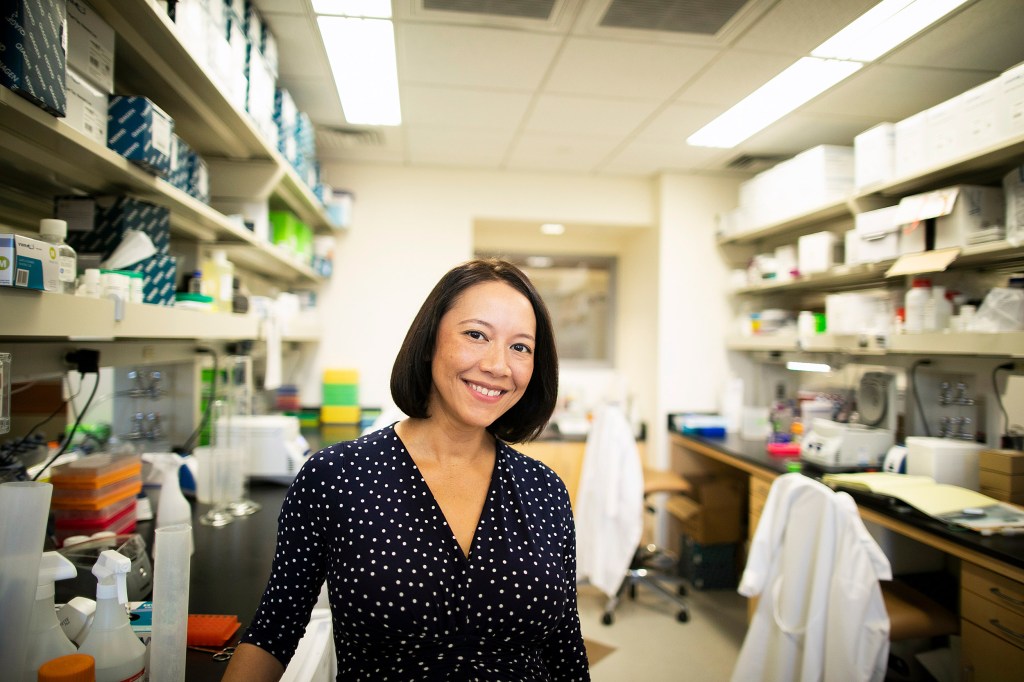
-
Omega-3 fish oil rises to top in analysis of studies
Harvard study finds that greater cardiovascular benefits may be achieved at higher doses of omega-3 fish oil supplementation.

-
Expressing genes
Harvard University staff member Marnie Gelbart is the director of programs for the Personal Genetics Education Project (pgEd) at Harvard Medical School, and is a co-principal investigator of Building Awareness, Respect, and Confidence through Genetics (ARC), a five-year NIH-funded project through which pgEd is developing curricula on identity and inclusion working with teachers in urban Massachusetts and rural South Dakota communities.
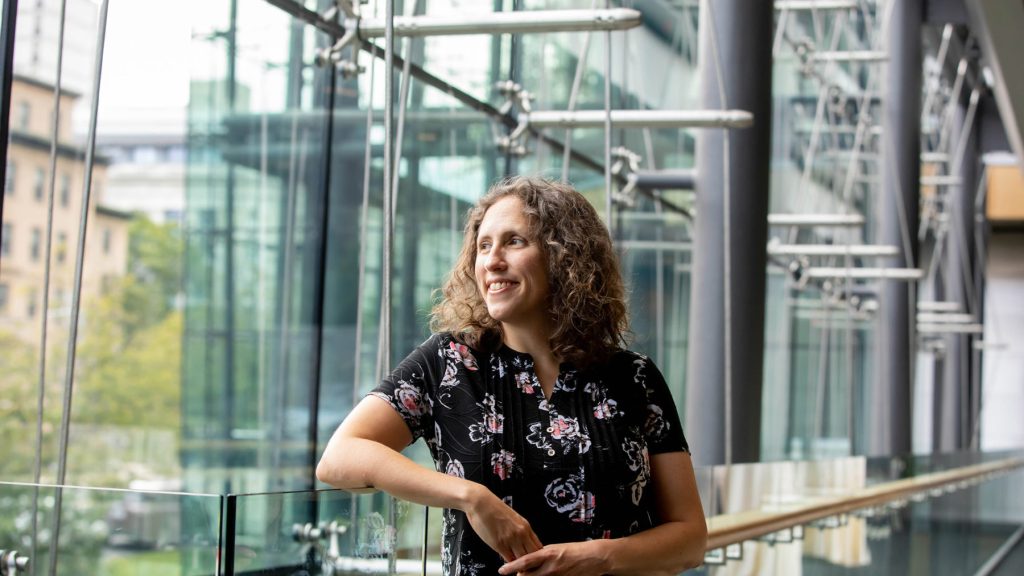
-
Trust, belonging, keys to mental health of students of color
Experts gathered at the Harvard Chan School said despite progress at making college student bodies more diverse, work still needs to be done to make students of all backgrounds feel welcome, a key step in heading off increased rates of mental illness such students experience on campus.
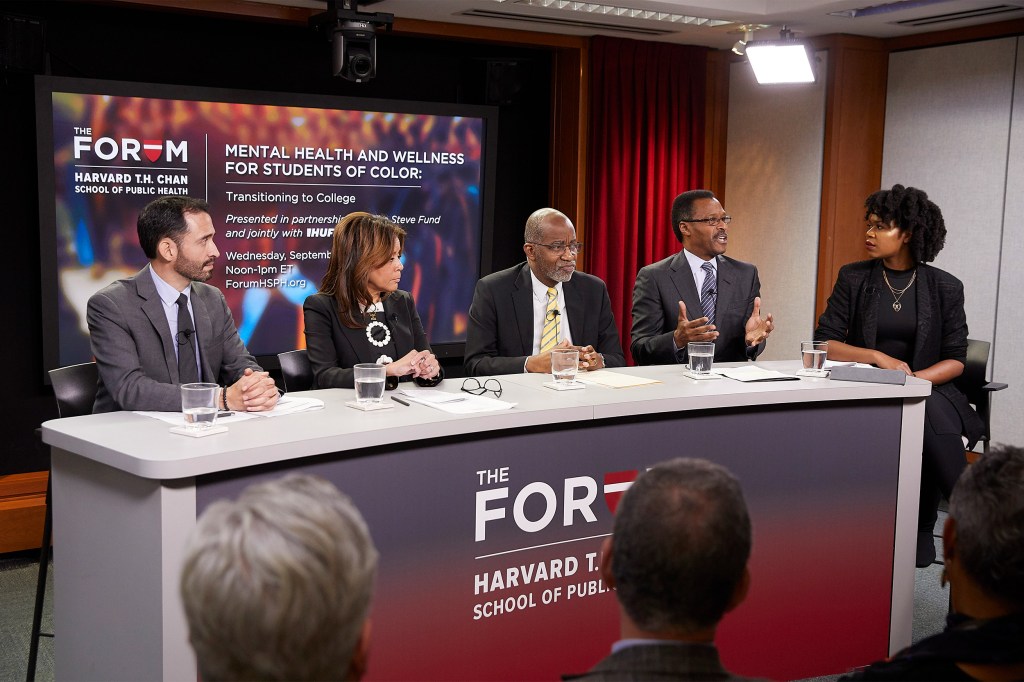
-
Protein, fat, or carbs?
Researchers applied new techniques to old samples from a 2005 dietary study to show that a focus on eating healthy rather than obsessing over a single nutrient can improve heart health.
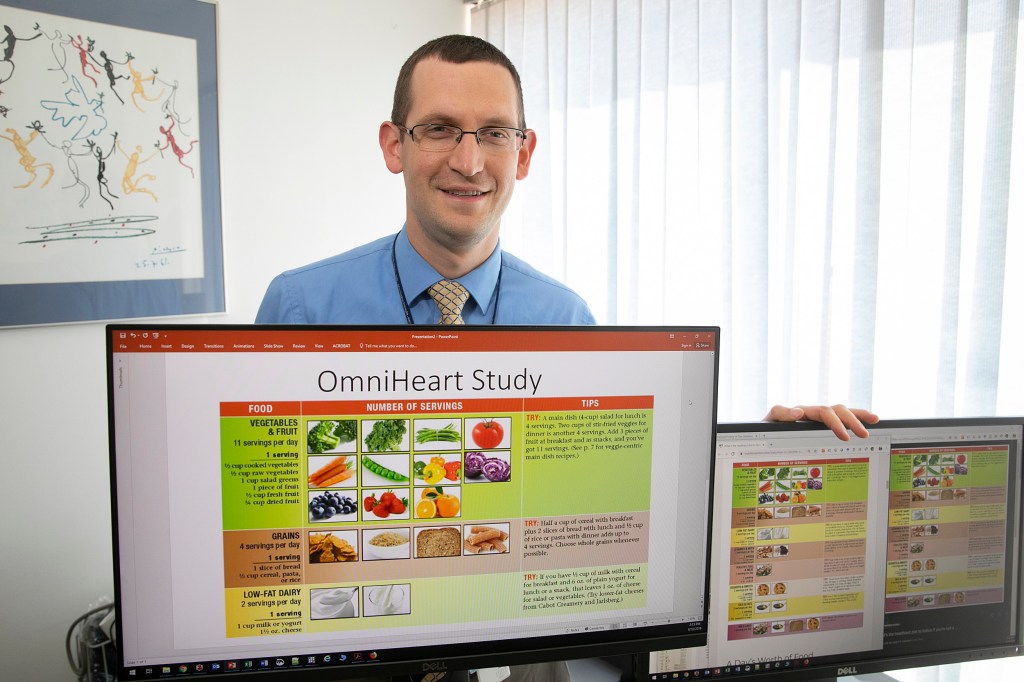
-
PTSD linked to increased risk of ovarian cancer
A new study finds that women who have greater numbers of PTSD symptoms are at an increased risk of developing ovarian cancer.

-
Mental health as a diversity issue
Faculty of Arts and Sciences Diversity Summer Panel focuses on the impacts of mental illness in the workplace and what can be done about it.
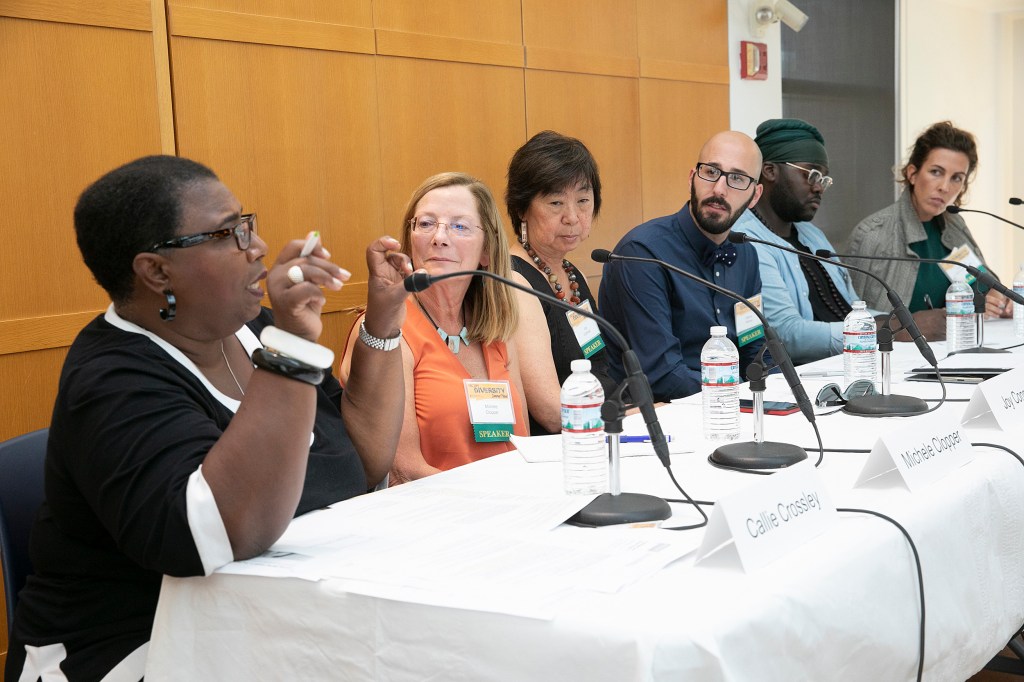
-
Probiotic hydrogels heal gut wounds that other treatments can’t reach
Harvard researchers have developed hydrogels that can be produced from bacterial cultures and applied to intestinal surfaces for faster wound healing.
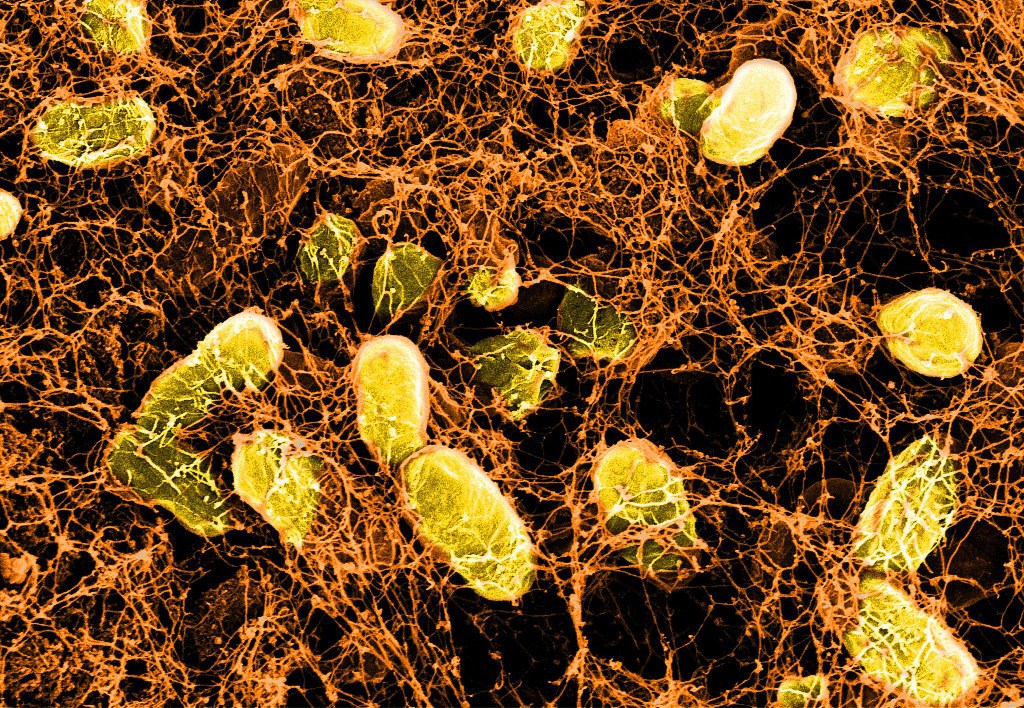
-
At the corner of med and tech
Undergraduate Michael Chen, who created an extraordinary program to help treat TB, also works with a student program to treat ordinary patients.
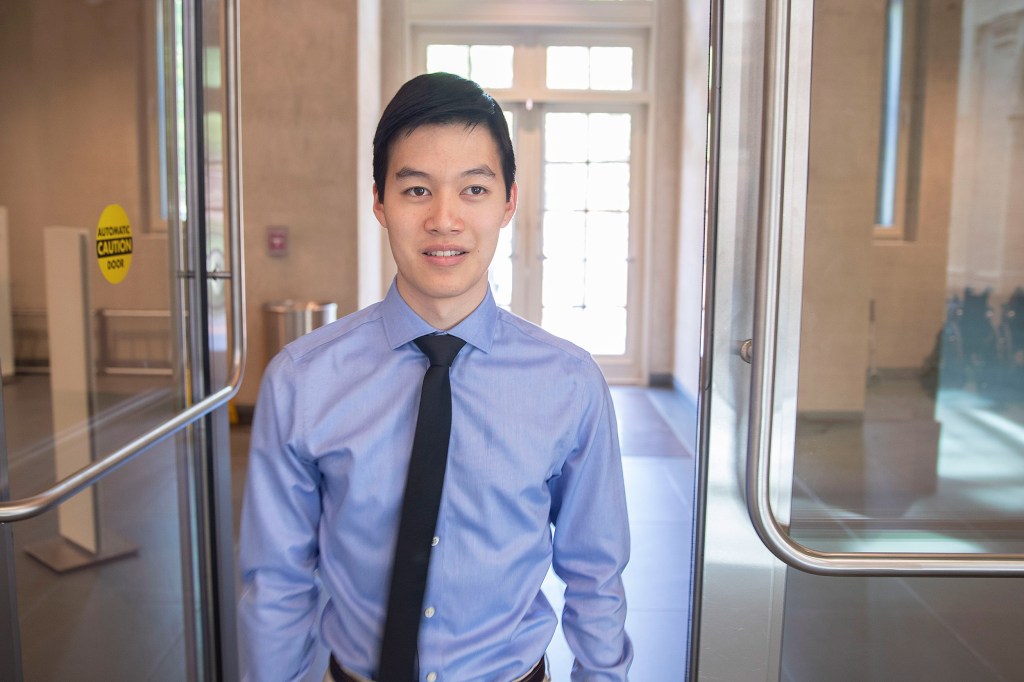
-
What fuels prejudice?
A postdoctoral fellow working in the lab of Psychology Professor Matt Nock,Brian O’Shea is the lead author of a study that suggests racial tension may stem not from different groups being exposed to each other, but fear of a different sort of exposure — exposure to infectious diseases. The study is described in a July 15 paper published in Social Psychological and Personality Science.
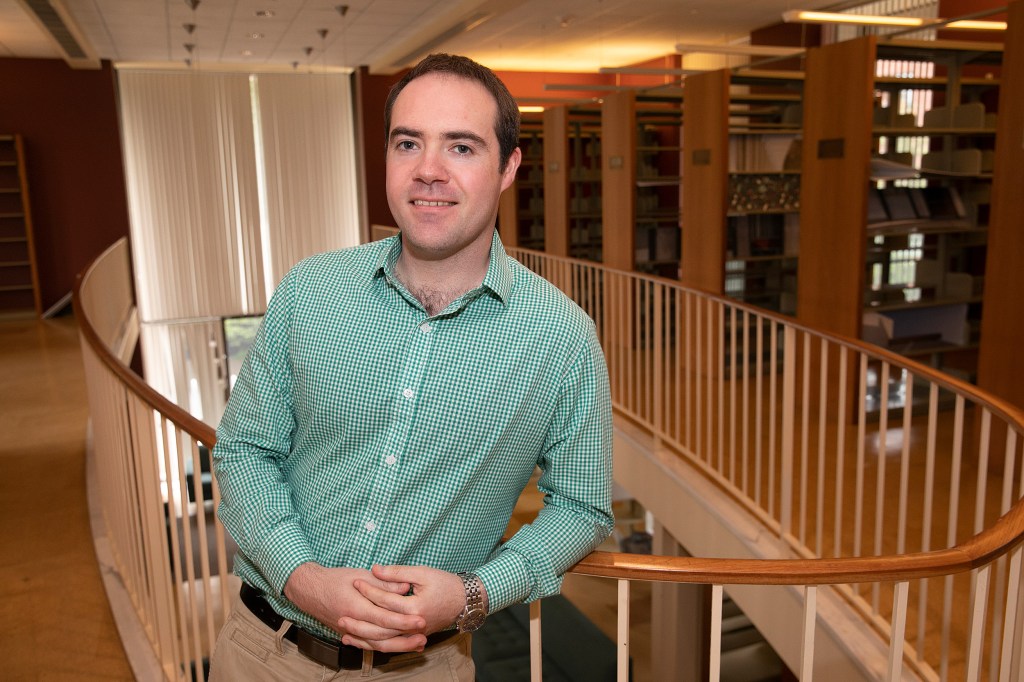
-
CBD rollout shines light on Wild West of supplements
A marijuana derivative called cannabidiol, or CBD, has begun making its way into supplements and even into foods, a use that runs afoul of an FDA designation of the compound as a prescription drug. A Harvard Medical School associate professor says CBD’s tangled legal status may provide an opportunity not only to clear up its status, but to bring clarity to the entire supplements industry.
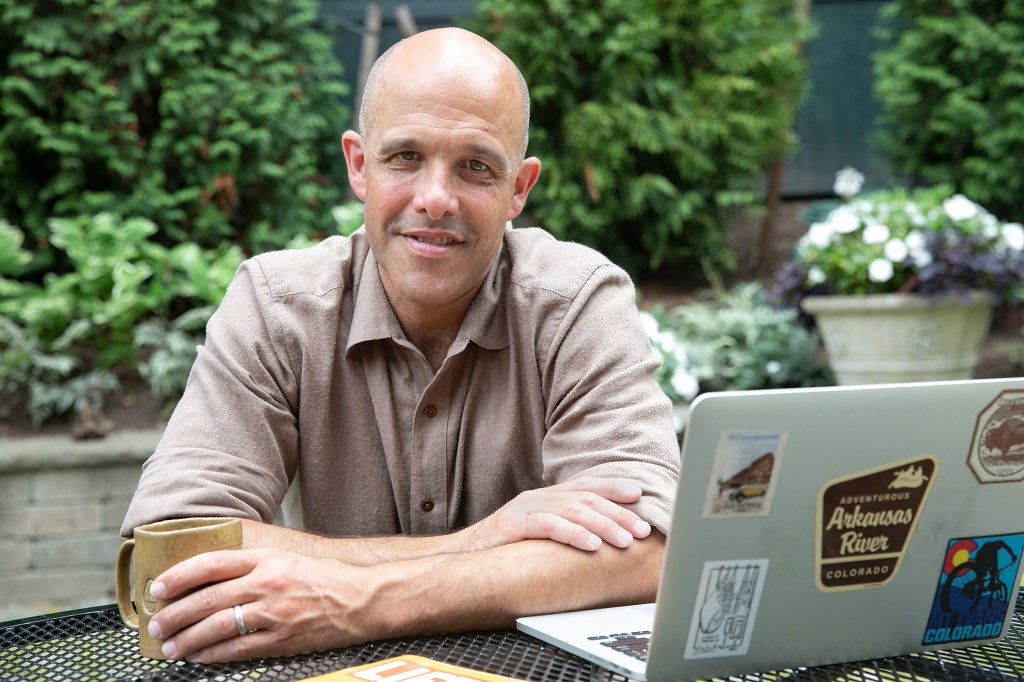
-
How biology affects behavioral decisions
Researchers have found that when making decisions that are important to the species’ survival, zebrafish choose to mate rather than to flee from a threat.

-
Want to quit smoking? There’s the e-cigarette
A new study provides critical population-level evidence demonstrating that using e-cigarettes daily helps U.S. smokers to quit smoking cigarettes.

-
Growing support for plant-based diet
A new meta-analysis shows that people who follow predominantly plant-based diets with greater adherence have a 23 percent lower risk of developing Type 2 diabetes than those who follow these diets with lower adherence.

-
It takes a community to make compost
Harvard’s Arnold Arboretum partners with local businesses on environmentally responsible composting program.

-
Treating runaway health costs
Study led by Harvard researchers finds that a long-term trial of a capped-payment system encouraged preventative care and discouraged unnecessary spending

-
Study finds high-risk pregnancies persist despite screening
A new study reports that although the number has decreased, women taking isotretinoin — an acne medication known to cause birth defects — have continued to get pregnant even after the implementation of special distribution restrictions.

-
Better screening for lung cancer
Massachusetts General Hospital researchers have identified markers that can distinguish between major subtypes of lung cancer and accurately identify lung cancer stage. Their work could eventually help physicians decide whether lung cancer patients need standard treatment or more aggressive therapy.
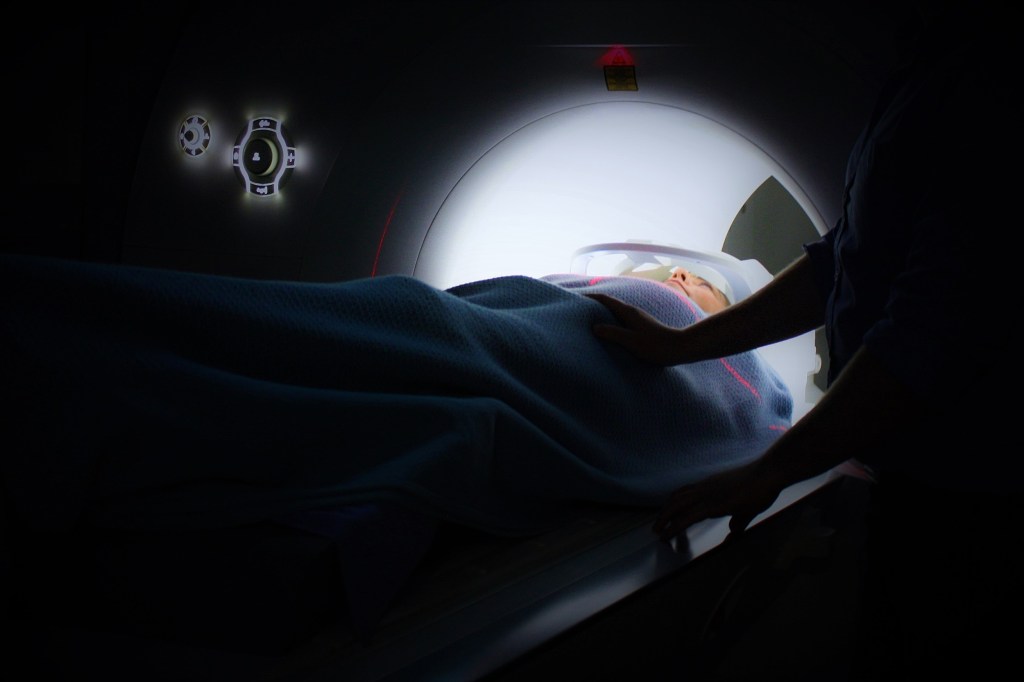
-
Want to live past 100?
A two-day symposium organized by Professor of Medicine Steven Grinspoon of Harvard Medical School examined the scientific, nutritional, and health-related aspects of aging.

-
Study: Doctor burnout costs health care system $4.6 billion a year
Physician burnout is costing the U.S. health care system an estimated $4.6 billion annually, according to new research from an international team led by a Harvard Business School researcher.

-
Spare the medical resident and spoil nothing
Hours of medical residents were capped at 80 per week in 2003 after a string of patient injuries and deaths, spurring fears that doctors-in-training would be less prepared for independent practice than before. A new study suggests their warnings were largely unjustified.

-
Debunking old hypotheses
Biology Professor Cassandra G. Extavour debunks old hypotheses about form and function on insect eggs using new big-data tool

-
The vegans are coming, and we might join them
Led by vegetarian tech companies looking to mimic and replace meat and other animal products, going vegan is on the verge of going mainstream.

-
Reeling in rising distracted driving deaths
Crashes caused by distracted drivers are believed to have been the biggest cause of a 14 percent rise in traffic fatalities since 2014. The Harvard Chan School’s Center for Health Communication is mounting an anti-distracted driving campaign this fall to make headway against a problem that has proven resistant to change despite efforts by government, insurance companies, carmakers and others. The Gazette spoke to the center’s director, Jay Winsten.

-
Fears arise that new federal fetal-tissue restrictions will hobble a ‘workhorse’ of research
With the Trump administration halting fetal tissue research at two prominent scientific institutions and new plans to review such research elsewhere, Harvard Medical School Dean George Daley discussed the importance of research using these tissues, which would otherwise be discarded, in creating vaccines and treatments and enhancing our understanding of human biology.
